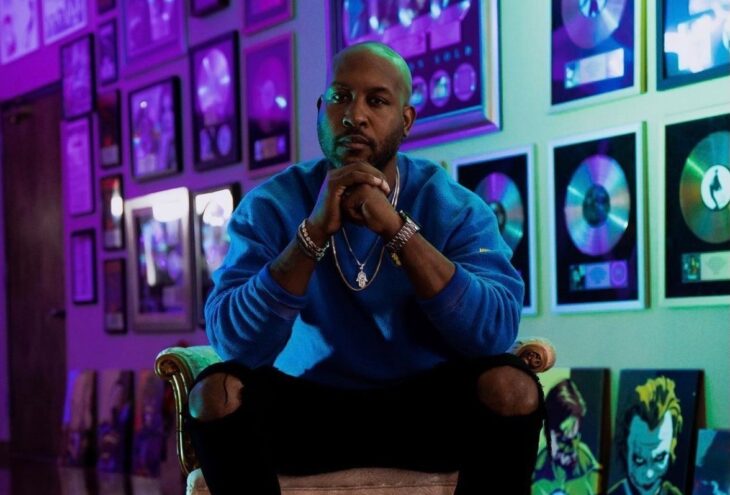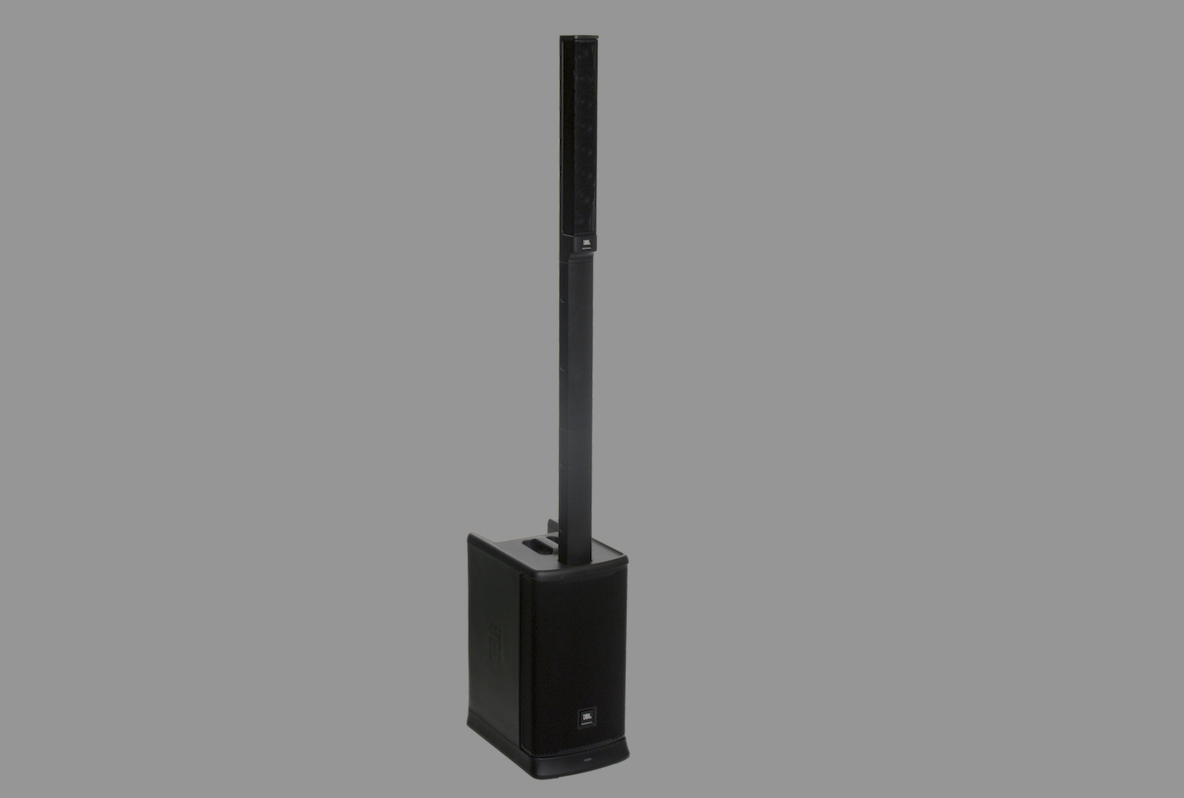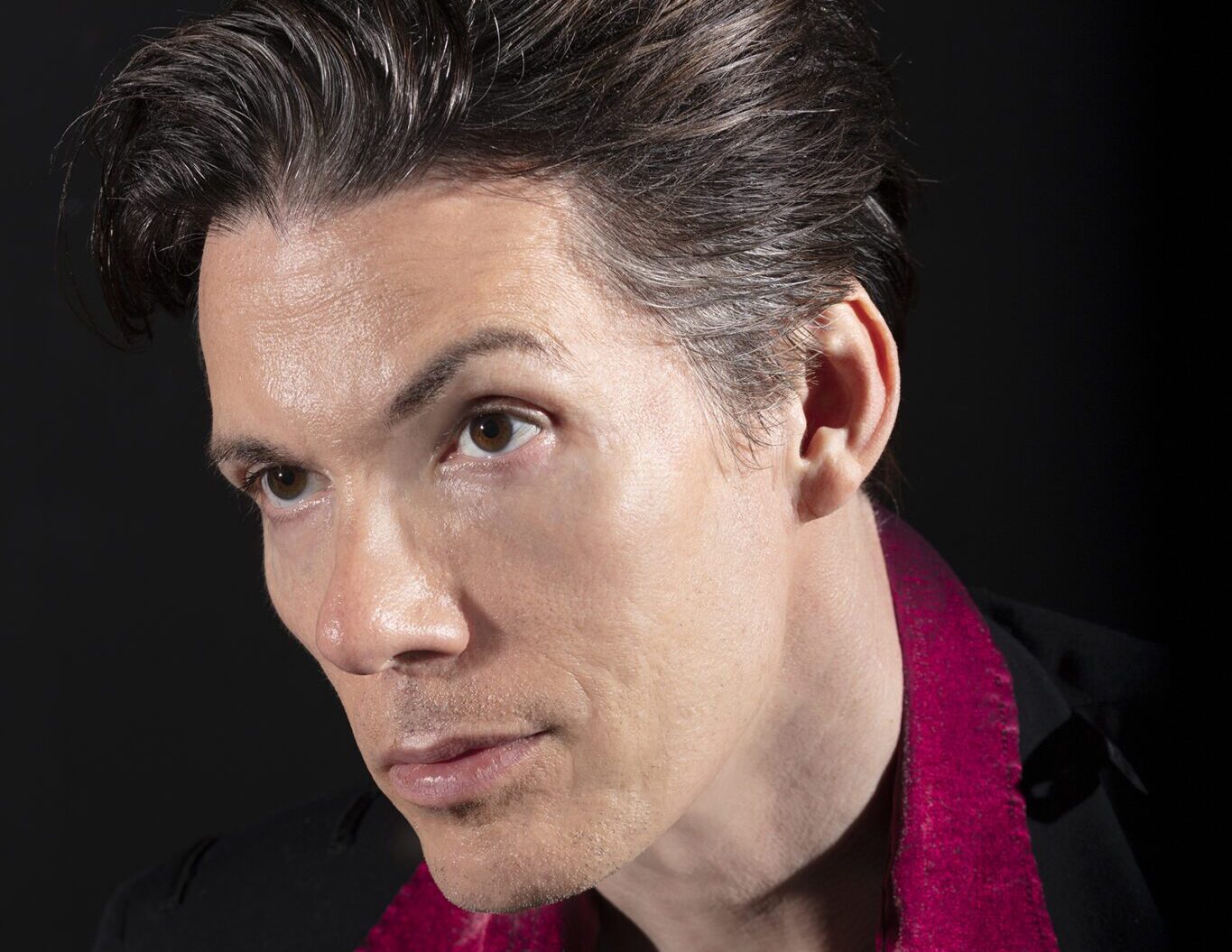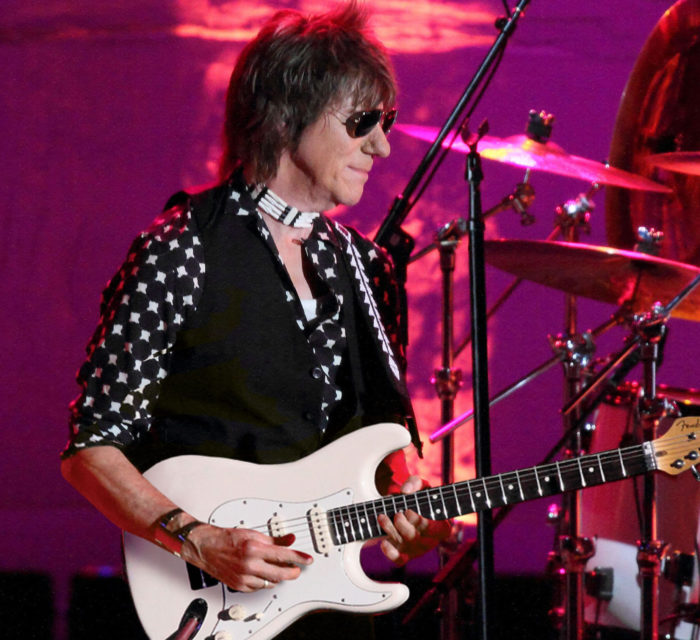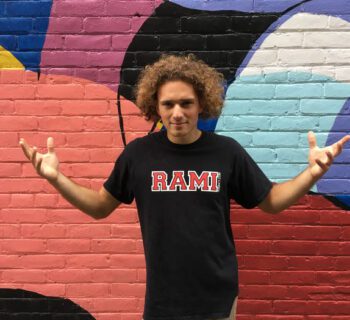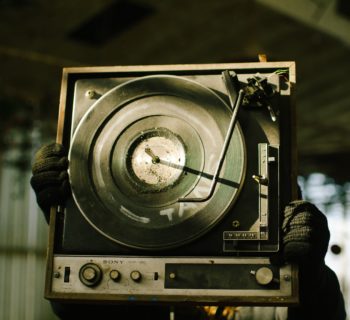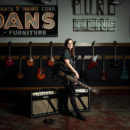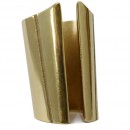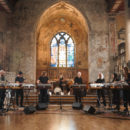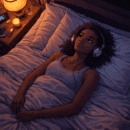Musician, songwriter, and producer Brian Kennedy got his start in the trade when he began to teach himself piano at the prodigious age of four. He swapped his hometown of Kansas City for Los Angeles in 2004 when he was 20. Two years later, he caught his big break when he co-wrote and produced “My Love” for Ciara’s sophomore album Ciara: The Evolution, which earned him a publishing deal. He’s since worked with creatives including Rihanna, Chris Brown, and The Weeknd. He remains a prolific solo artist, collaborates closely with Steinway and is a four-time GRAMMY winner. What he loves most about music is its power to help us transcend the mundane.
In the two years between relocating to L.A. and finding success, Kennedy was able to remain engaged and optimistic primarily by becoming a play-for-hire musician and through a bi-weekly piano night at now-shuttered Monroe’s Bar on Melrose, which included friends such as Bruno Mars, Frank Ocean, and James Fauntleroy. “Every other week people would come to see these young gentlemen from Kansas City doing extraordinary pieces,” he recollects. “That community and my friends kept me hopeful. We pushed and helped each other write music. I was young and knew that it was only a matter of time before things happened.”
It’s often been observed that fortune favors the bold and there’s much to be said for taking risks. Certainly, it’s paid off for Kennedy. One of his favorite studio memories is of the time that he was working with songwriter Andre Merritt at L.A.’s recently defunct Record Plant. “That’s when I met Rihanna,” he says. “I approached her and said, ‘I have a new sound for you,’ put my number in her phone and suggested she give me a call. Chris Brown asked me to play the piano part before I left, which I did. That evening she texted me and said ‘I appreciate your energy. Bring me what you have.’ The next morning, I woke up at six a.m., did the ‘Disturbia’ track in 15 minutes and brought it to the studio.” The song went on to sell more than seven million copies in the United States alone.
The biggest challenges Kennedy’s ever faced are ones with which many artists struggle: self-doubt and uncontrollable external forces. “Sometimes we second-guess ourselves,” he notes. “It’s harder when you have to navigate the views of people who have no clue but have all the say in your career. This can be someone at a label or someone’s family member. People listen to the opinions of people they [know and] trust and sometimes those are more valued than those of people who are accomplished. That’s a big challenge but ultimately it helps you to build character.”
The three most important lessons he’s learned as a musician and producer are:
- How to communicate. You don’t want to challenge the artist or label but sometimes you have to speak up when you disagree.
- How to collaborate and learn to put your ego aside. Some new kid who doesn’t have a hit can still show you something.
- Become a therapist. It’s not about the song as much as it is about creating space for the artist to feel comfortable. Once that happens, the sky’s the limit.
Of his entire body of work, Rihanna’s “Close to You,” co-written by James Fauntleroy, is the production of which Kennedy is most proud. “It’s one of my favorite pieces I’ve ever created,” he reflects. “It was simple, melodic and expressed so much more due to its simplicity. It’s a bass, strings and a piano. When I created it, I wasn’t thinking about anything other than making a great song. That’s why I’m proudest of it because I wasn’t trying to pursue something great. It flowed naturally and has a Stevie Wonder or Beatles feel to it.”
One of his most astute and/or timely observations is the blessing and curse into which social media has evolved (or perhaps devolved). “It’s a great thing,” he concedes. “But there’s a study which showed that young pianists will see even younger performers who are geniuses, they’ll get discouraged and then give up. The art of music isn’t what it used to be because [now] people only want the aesthetic and not the actual work. It can be distracting. I can imagine coming up in this business with social media and trying to compete with God knows who. There will always be someone who’s better than you and you can find them in a second.”
Kennedy works largely from his home studio The Red Piano but of course steps into commercial spaces regularly. What makes a renowned studio worth it to him? “The gear, experience, and history,” he explains. “There’s something cool about working at Westlake where Michael Jackson recorded. I also like the idea of being spoiled at a studio where they have runners.”
Chief among his most prized audio gear is the Arturia PolyBrute analog synthesizer and the Korg Triton, which his father gave to him when he was a teen. His recent work includes records with Japanese boy band SixTones and Thai girl group 4Eve. A tour that will take in China and South Korea is likewise on his calendar and he continues to collaborate with label/management group 88rising and with his friend comedian Bill Burr. Further, he’s active with his organization Hits to Healing (their podcast launches soon), which works towards healthcare equity and education about focal segmental glomerulosclerosis (FSGS), a disease that led Kennedy to receive a kidney transplant from his brother Kevin, who also manages him.
Contact briankennedy.me, Instagram @iambkennedy, hitstohealing.org

